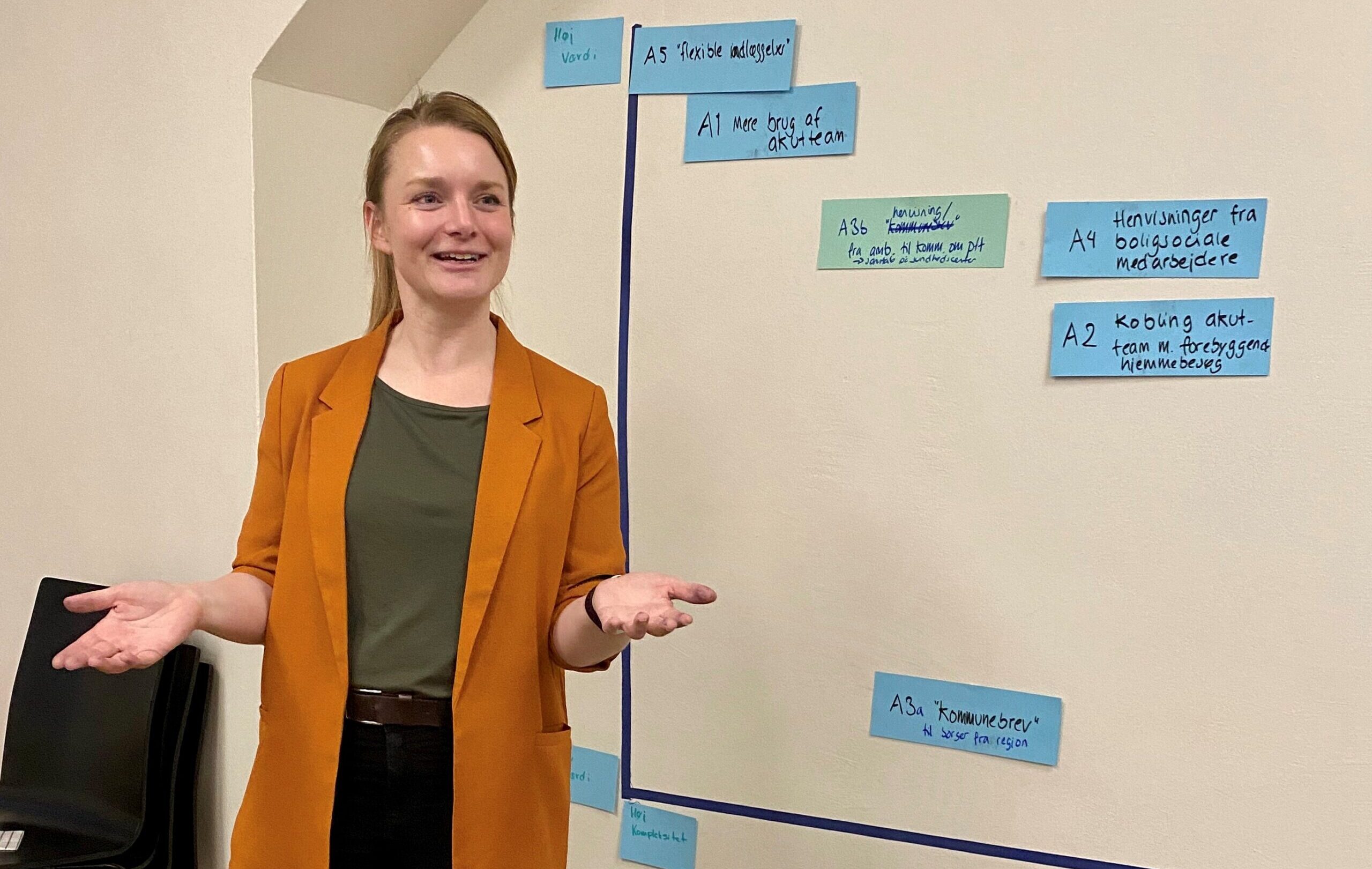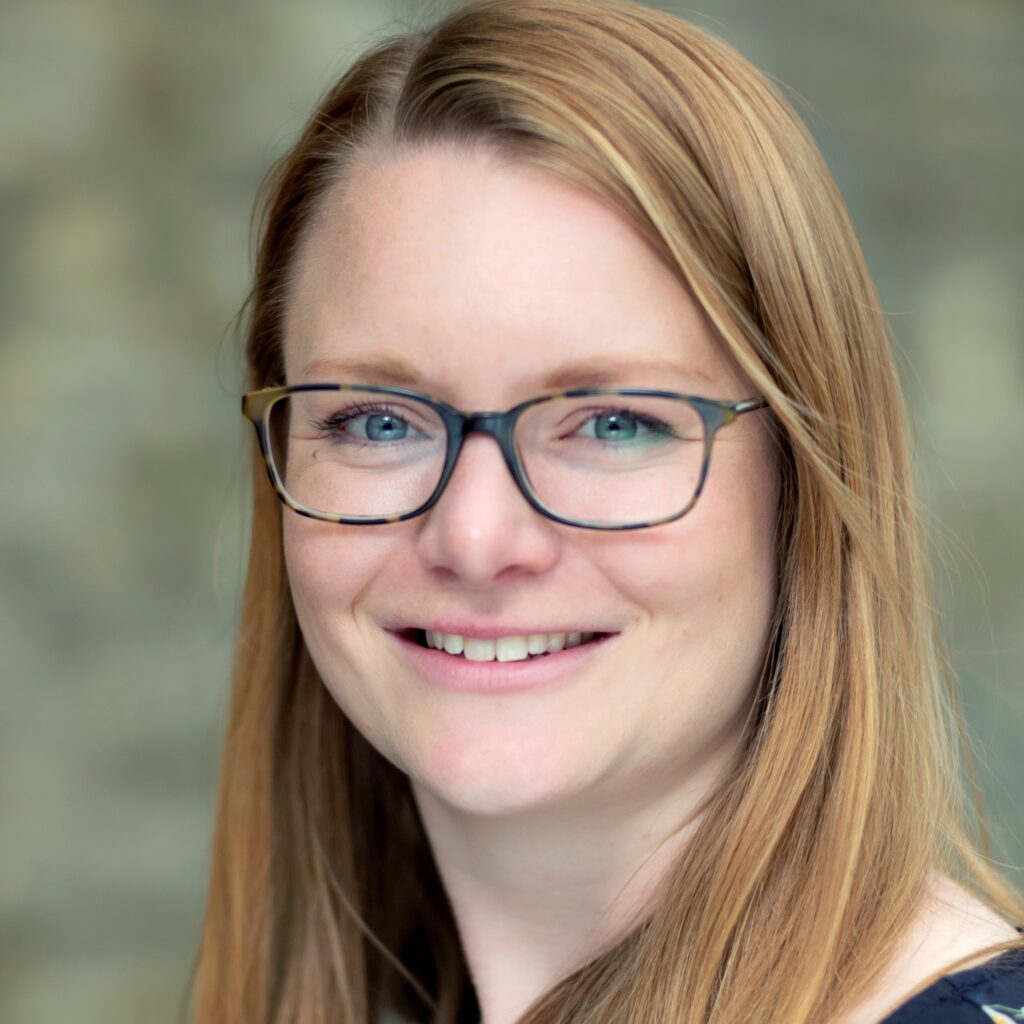Region of Southern Denmark wants to narrow the digital divide in healthcare
Region of Southern Denmark wants to narrow the digital divide in healthcare
In Southern Denmark, heart patients are encouraged to self-monitor and use digital consultations after their initial physical examinations at the hospital. The iHAC project in the Region of Southern Denmark is working to improve support for patients who could benefit from virtual consultations with the hospital but are not confident in doing so due to a lack of digital proficiency or other obstacles.

Project manager Marie Glent-Rolle.
The project is a collaboration between the cardiology outpatient clinic at OUH, which already emphasises virtual consultations and remote patient monitoring, and the health and care staff of Faaborg-Midtfyn Municipality
“Our patients already receive some support to access their follow-up consultations online,” says project manager Marie Glent-Rolle. “Our objective with the project is to support this particular group of patients more systematically, identifying their need for assistance and helping them use the digital solutions that are already available”.
Various levels of support
The goal is to support the patients in utilising the region’s healthcare app, My Hospital, which provides various information to the patients and serves as a platform for video consultations. Glent-Rolle explains that the goal is that the hospital and municipality will offer different levels of support depending on the individual patient’s needs.
After an initial introduction by the medical staff at the cardiology clinic, the patients can get help from the hospital’s app guides and IT department, and they can also participate in test consultations to familiarise themselves with the concept. For most people, this introduction will be enough to get started, but if needed, the municipality’s nurses and home care staff will provide further assistance.
For example, the patients can conduct their first digital consultations at a local health centre, with support from the staff, or in the patient’s home, where nurses or other home care personnel are present to assist the patient before and during the consultation. Participating in the dialogue with the hospital not only helps the patient but also provides the municipal care personnel with better insights into the patient’s situation.
“It’s about providing each individual with the support they need,” says Glent-Rolle. “Digital consultations represent clear benefits for heart failure patients, as their follow-up typically consists of several appointments over the course of four to six months. We want to start by targeting this specific group of patients, but we’re confident that the concept will benefit other medical specialities and patient groups in the future, also across more municipalities.”

IHAC investments focus on developing components for structured collaboration, communication, and knowledge sharing between different organisations for increased patient service access through digital solutions.
